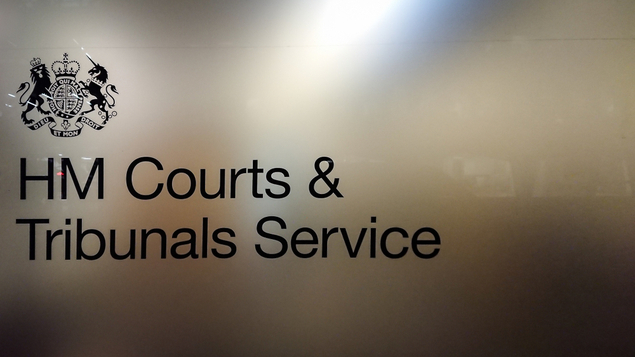[ad_1]

pxl.store / Shutterstock.com
Whistleblowers who claim to be victims of workplace discrimination are more likely to lose their case, according to new research.
A report published by the Equality and Employment Law Centre, which was based on research conducted by the University of Greenwich, looked at 603 cases heard at employment tribunals in 2015-2018. Some 247 involved a combination of whistleblowing and discrimination.
It found whistleblowers who made allegations of discrimination were unlikely to be successful in their case.
Discrimination due to race (17.6%), disability (16.7%) and sex (11.4%) were the most common types of discrimination claimed in conjunction with whistleblowing detriment.
Only around 2.5% of claims involving whistleblowing and race were successful. About 12% involving disability and whistleblowing and 10% involving sex discrimination and whistleblowing were won by the claimant.
Some 61.2% of whistleblowing and discrimination claims involved private sector firms and 34.4% were in the public sector. This meant the public sector is overrepresented in such claims, the report says, as only 16.1% of workers work in the public sector while the private sector workforce is at 81.3%, notes the #Legalsupportmatters report.
“When looking at our top three types of discrimination we see differing patterns. Whistleblowing with a disability discrimination claim is most common in the public sector but least common in the private sector. In contrast, whistleblowing with a sex discrimination claim is most common in the private sector but least common in the public sector,” it adds.
Claimants with a discrimination claim were more likely to be self-represented, more likely to not attend or not be represented, and less likely to have legal representation than those bringing a whistleblowing claim without a discrimination claim. Just 36% of whistleblowers who claimed to have been discriminated against had legal representation, while 45% were self-represented.
The employers they had lodged a claim against almost always had legal representation, with organisations facing a disability discrimination claim having the highest level of legal representation (around 93%).
The report concludes: “Claimants face inequality of arms, where the employer is better represented than the claimant. When claimants bring a claim for whistleblowing that includes a discrimination claim they are more likely to be self-represented and, therefore, less likely to have legal representation. This inequality of power is especially pertinent given the complexity of whistleblowing and discrimination legislation.”
It recommended the following changes to the employment tribunals system:
- early advice available to all claimants to reduce claims in the system
- legal aid for all claimants in the employment tribunal system
- an increase in the time limit of claims to six months in line with equal pay claims and discrimination claims brought in the civil courts
- organisational training and development to educate employers about their legal obligations
- reinstatement of the change made by the Equality Act 2010, which permitted recommendations to benefit other employees rather than just the individual claimant who has often left employment at the time of the hearing.
- statutory guidance for judges in respect of appropriate recommendations and encouraging their use; particularly around organisational training and development.
Lord Low of Dalston, in his foreword to the report, said: “Bringing a claim for whistleblowing at the same time as a discrimination claim reduces the success rate of both claims. No doubt this has much to do with the further finding that claimants bringing a whistleblowing claim at the same time as one of discrimination are more likely to represent themselves and, therefore, less likely to have legal representation.
“The report makes a number of recommendations for improving the situation of appellants before tribunals and is thus to be warmly welcomed.”
[ad_2]
Source link





